Being the CEO of a massive corporation isn’t easy. You’re expected to grow the company, increase profits and boost the share price – the traditional responsibilities of a top hat-wearing capitalist. But at the same time, you need to align your company with the ‘values’ of a hyper-liberal global elite, e.g. anti-racism, trans rights and net zero. Contrary to the rhetoric of business school professors and management consultants, these agendas don’t always complement each other, and too much emphasis on one risks alienating those who care about the other. Get it wrong and you can come a cropper, as Dame Alison Rose, the recently departed CEO of NatWest, has discovered.
Having watched Barbie on Monday night, I cannot help feeling that Ynon Kreiz, the CEO of Mattel, has also slipped up. On the face of it, the 114-minute film about the company’s bestselling children’s toy, directed by Greta Gerwig, is a dazzling triumph. It earned $162 million last weekend in the US, the biggest opening in history for a female director, and has been almost universally praised by critics, with 90 per cent giving it a thumbs up, according to the Rotten Tomatoes ratings website. Perhaps more significantly, Barbie has achieved a cultural dominance that’s rare for a movie these days – it’s even spawned a fashion trend called ‘Barbiecore’.
But it’s also become a hot potato in the culture wars thanks to its un-apologetic misandry. Elon Musk joked that he’d drunk a shot of tequila every time the main character said the word ‘patriarchy’ – and had only just woken up. The conservative commentator Ben Shapiro began his review on YouTube by setting fire to Barbie in her pink convertible. Another pundit – the Critical Drinker – dismissed the film as ‘114 minutes of spiteful, bitter, mean-spirited, borderline unhinged hatred of men and everything even vaguely associated with them’.
To give you a sense of what’s triggered these right-wing culture warriors, a short plot summary is in order. At the beginning of the film, the central character (Margot Robbie), who describes herself as ‘Stereotypical Barbie’, is safely ensconced in ‘Barbie Land’, a feminist utopia in which she’s surrounded by a multi-ethnic cast of female role models – including all nine members of the Supreme Court. In this universe, men are reduced to vacant appendages, posing in their beachwear and hoping to be noticed by one of these Spice Girls, even though they’re literally eunuchs.
The protagonist then suffers an existential crisis caused by her teenage owner’s unhappiness, prompting a journey to the ‘Real World’ to find out what’s ailing her. Ken (Ryan Gosling) stows away for the ride and they end up in LA, where Barbie is immediately slapped on the bottom by a white construction worker and Ken discovers ‘the patriarchy’, which he takes to like a duck to water.
While Barbie learns about the horrors of male violence, as well as the irreconcilable expectations imposed on women and the inevitable toll that takes on their mental health, Ken transforms himself into Andrew Tate, returns to Barbie Land, and leads an incel revolt, reducing Doctor Barbie, President Barbie and the Supreme Court Barbies into docile handmaidens. In the film’s third act, Barbie returns to her home world, liberates the Stepford Wives and puts the uppity men back in their place.
In other words, it’s a gender studies seminar disguised as a summer blockbuster. The most annoying thing about it is the way in which Mattel – which signals its endorsement of the film with a big rainbow-coloured logo before the opening credits – is constantly being sent up. Thus, its CEO is played by Will Ferrell, who reprises his role as an evil capitalist from The Lego Movie. His reaction on discovering Barbie has escaped into the Real World is to try to imprison her in a box, and there’s a tedious subplot in which his minions chase her across LA.
This unflattering portrayal of Barbie’s corporate parent in a film which bears its imprimatur reminded me of Bud Light’s disastrous decision to partner with the trans influencer Dylan Mulvaney, thereby knocking billions off the share price of Anheuser-Busch. It’s a form of self-flagellation – a way of doing penance for the sin of being associated with a brand that was insufficiently woke in the past. In the case of Barbie, which first hit the shelves in 1959, it’s the crime of being ‘too white’ as well as too thin, supposedly causing a tsunami of self-hatred among teenage girls who don’t fit the all-American stereotype. This paean to female empowerment is a plea for forgiveness from the titans who run Mattel, but I suspect it will be another case of ‘Go woke, go broke’.
Got something to add? Join the discussion and comment below.
Get 10 issues for just $10
Subscribe to The Spectator Australia today for the next 10 magazine issues, plus full online access, for just $10.
You might disagree with half of it, but you’ll enjoy reading all of it. Try your first month for free, then just $2 a week for the remainder of your first year.


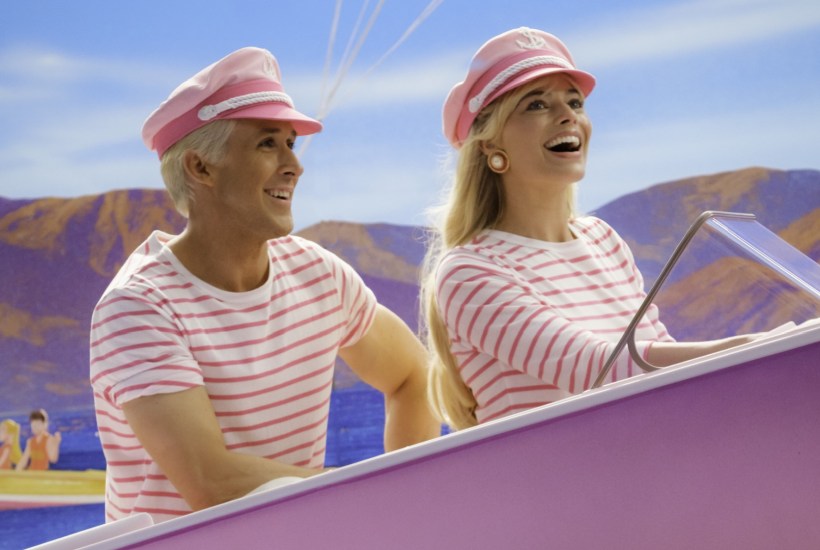
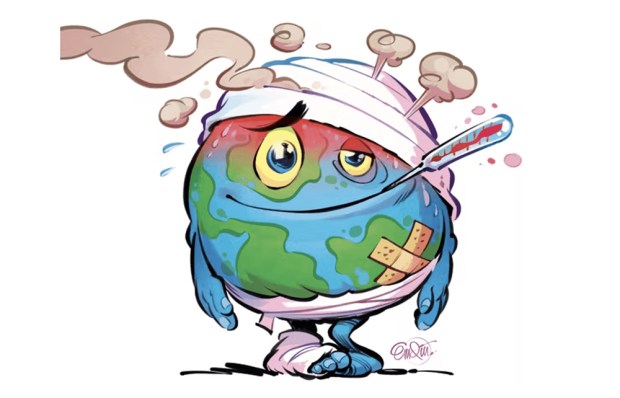
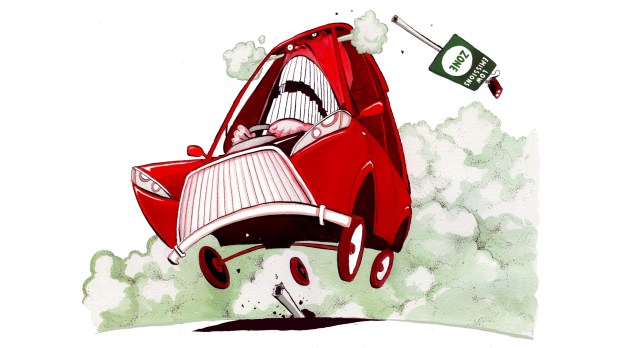
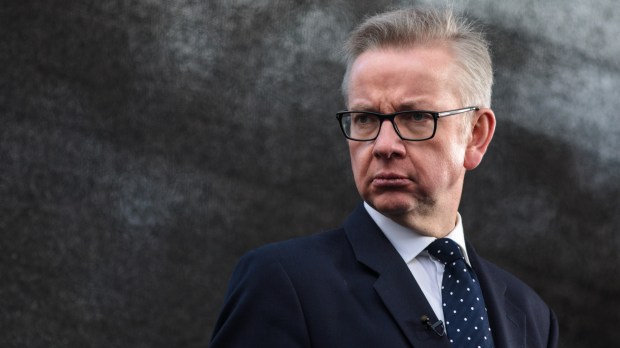
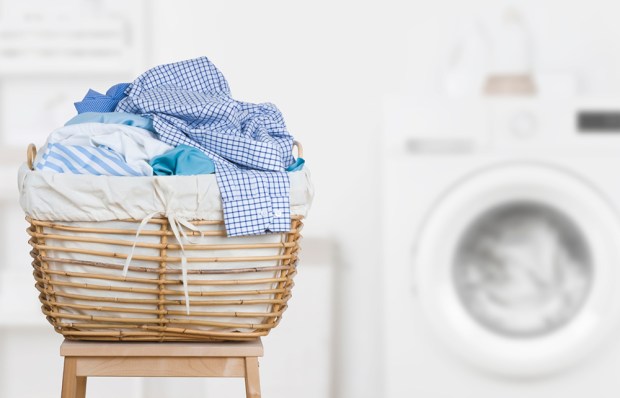








Comments
Don't miss out
Join the conversation with other Spectator Australia readers. Subscribe to leave a comment.
SUBSCRIBEAlready a subscriber? Log in